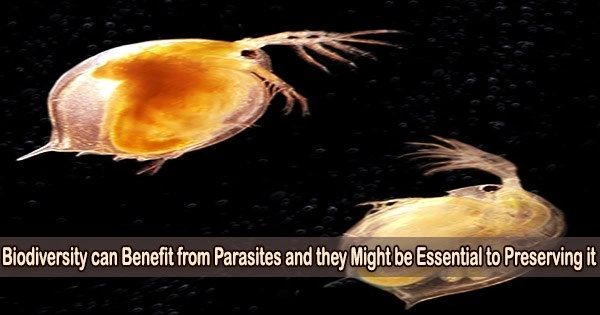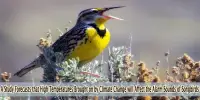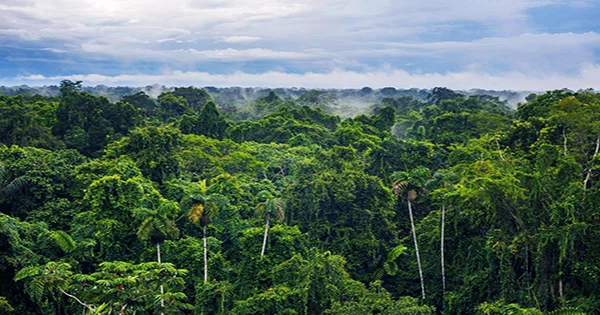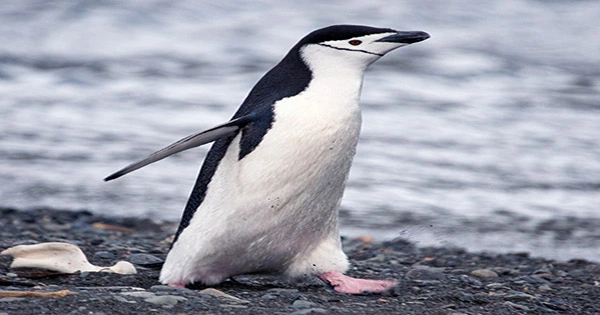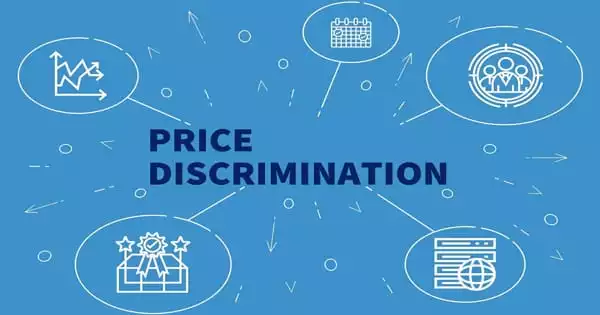Biodiversity, short for biological diversity, refers to the variety of life forms present on Earth, including all plants, animals, fungi, microorganisms, and the ecosystems they form. This diversity encompasses the different species, their genetic variations within those species, and the complex interactions between these living organisms and their environments.
According to a recent study from Tel Aviv University, parasites can sometimes beneficial to animals’ survival in nature and are not always harmful. The team of researchers explain:
“Thinking about parasites usually brings up negative connotations, such as, ‘do they harm their host?’ Or ‘how harmful are they to those who carry them?’ In our research, we showed that parasites can in fact have a positive effect on the structure of an ecosystem, and that they can play a key role in the design of the habitat and in sustaining its biological diversity.”
The research was conducted under the leadership of Prof. Frida Ben-Ami and Dr. Sigal Orlansky from the School of Zoology and the Steinhardt Museum of Natural History, Tel Aviv University. The study was published in the journal Frontiers in Microbiology.
Parasites are organisms that live on or inside another organism (the host) and derive their nourishment from the host. This relationship is generally detrimental to the host, as parasites often cause harm or discomfort. Parasitism is a type of symbiotic relationship where one organism benefits at the expense of the other.
According to the researchers, a healthy ecosystem typically has a range of species coexisting peacefully. Related species can coexist in the same area as long as they have separate relationships with natural resources and predators.
This competition enables the coexistence of a species that is indeed resistant to parasites, but its ability to compete is lacking and without parasites would probably become extinct when it shares the same habitat with the Daphnia species most common in Israel, the Daphnia magna, which while sensitive to parasites is otherwise strongly competitive. Our research shows that coexistence of these two Daphnia species is only possible through the mediation of a parasite.
Dr. Sigal Orlansky
They cannot coexist without sufficient separation and balance between the species; otherwise, one of the species will be wiped out by the other. This principle is termed the ‘competitive exclusion principle,’ also known as Gause’s law.
Dr. Sigal Orlansky adds, “Parasites and pathogens are an integral part of any ecosystem. Despite their bad reputation, parasites play a key role in shaping population dynamics, community structure, and biodiversity, thanks to their influence on the balance between the species in that ecosystem.”
The research was conducted on tiny Daphnia water fleas, which in Israel can be found mainly in winter ponds. About three millimeter long Daphnia fleas consume bacteria and single-celled algae as well as acting as fish food.
The rivalry between various species has a particularly large impact on the biological variety in the pool since winter pools are closed ecosystems, making it a particularly important factor.
The outcomes of the competition are essential to the survival of aquatic animals that inhabit the winter ponds since they are unable to migrate or depart on their own. It is uncommon to find a species that is almost fully immune to parasites, and like the majority of animals, these species are hosts or carriers of parasites.
According to Prof. Ben-Ami, “In the population of water fleas in Israel, we found one species called Daphnia similis, whose nickname in the laboratory is ‘Super Daphnia’ due to its almost complete resistance to parasites. Nevertheless, this ‘Super Daphnia’ does not become the dominant Daphnia species in ponds. The most common species is actually Daphnia magna, which is highly vulnerable to a wide variety of parasites.”
The researchers set up a biological microcosm in the lab where the two species shared the same environment in the presence or absence of parasites to better understand why immunological immunity does not serve as a springboard for widespread dispersal in the pond.
The findings demonstrated that in a parasite-free environment, the parasite-sensitive species which happens to be the most prevalent Daphnia species in the wild won the competition and even drove the parasite-resistant ‘Super Daphnia’ extinct.
Although the ‘Super Daphnia’ population flourished and the parasite-sensitive Daphnia population drastically declined in parasite-infested settings, this showed that parasites can mediate coexistence between two species.
Dr. Sigal Orlansky says that “The results of these experiments emphasize the important role of parasites in shaping biodiversity, as the parasites can mediate competition between Daphnia species.”
“This competition enables the coexistence of a species that is indeed resistant to parasites, but its ability to compete is lacking and without parasites would probably become extinct when it shares the same habitat with the Daphnia species most common in Israel, the Daphnia magna, which while sensitive to parasites is otherwise strongly competitive. Our research shows that coexistence of these two Daphnia species is only possible through the mediation of a parasite.”
Prof. Ben Ami highlights that these trials’ findings have significant ramifications for understanding systems in which parasite-sensitive and parasite-resistant organisms coexist. These findings could be used to direct efforts to combat biological incursions and perhaps lessen the threat to endangered species.
